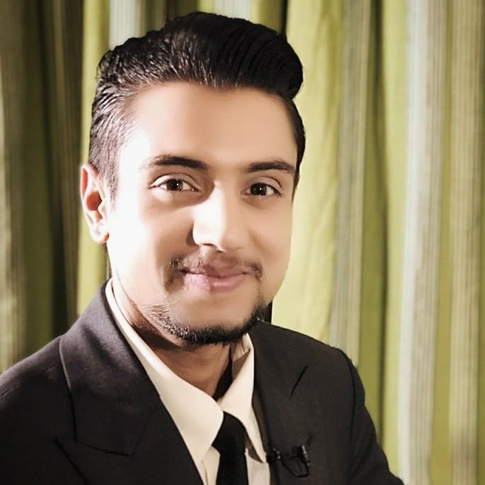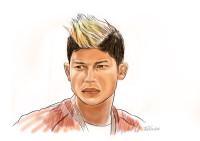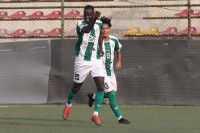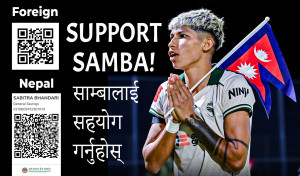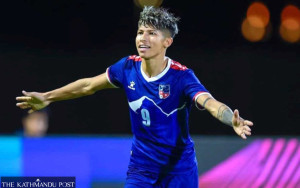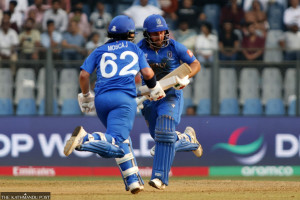Sports
Wushu has a great future, but there must be a proper calendar, say gold winners Rai and Magar
Both the winners praised the home crowd for their support.
Prarambha Dahal
Nima Gharti Magar and Juni Rai won gold in wushu for Nepal at the South Asian Games in competitions that took place at Army Sports and Physical Training Complex in Lagankhel, Lalitpur, on Thursday.
Having won gold in the 12th South Asian Games in India, Magar became the first Nepali to win two back-to-back gold medals in wushu in the regional sporting spectacle.
Magar finished with the top podium place in nandao all-round with 18.91 points ahead of Morzina Akther of Bangladesh who earned 16.30 points to win silver. Sri Lanka’s Sanju Kumari settled for the third position with 14.74 points.
“I am very happy to win gold in Nepal. The support of my family, friends and others in the crowd helped me perform better,” said Magar.
Meanwhile, Rai— a silver medalist in the women’s under 60 kg weight category in the previous iteration of the Games— got one up on herself this time, winning gold in the women's under 56 kg category of sansou.
WPMM Madumali of Sri Lanka won silver while Bidyapati Chanu of India and Saki Akter of Bangladesh won bronze medals.
“Our effort and dedication during the preparations have paid dividends. We are very thrilled,” Rai said after her win.

Playing at home definitely had an advantage, she added.
“The presence of family members, friends and supporters obviously has a significant role for the success of any athlete. It motivates us by enhancing our willpower.”
Nepali wushu players, despite initial promises of foreign training, were left with very limited resources at home until the eleventh hour.
“When we started training, we did not even have proper equipment,” Rai said. “We had to borrow gears from other sports.”
Despite the limitations in terms of exposure and infrastructures for Wushu, Rai appears optimistic and determined more than ever before.
“My next goal is to perform better at the Asian Games. However, the journey will require serious involvement of several stakeholders,” the 28-year-old said. “There should be adequate platforms for wushu players to grow. Right now, we don’t even have a proper covered hall. The new gears and mats have arrived only recently. They should be regularly maintained, otherwise, there is no point in having them.”
Rai also stressed the need for regular international match and training exposure to ensure better performance by Nepali martial art players.
Rai, who started playing wushu eight years ago, sees a promising future for the sport despite many shortcomings.
“The sport has earned medals for Nepal, and the government has started to take notice. This is an encouraging sign for wushu,” said Rai.




 8.55°C Kathmandu
8.55°C Kathmandu